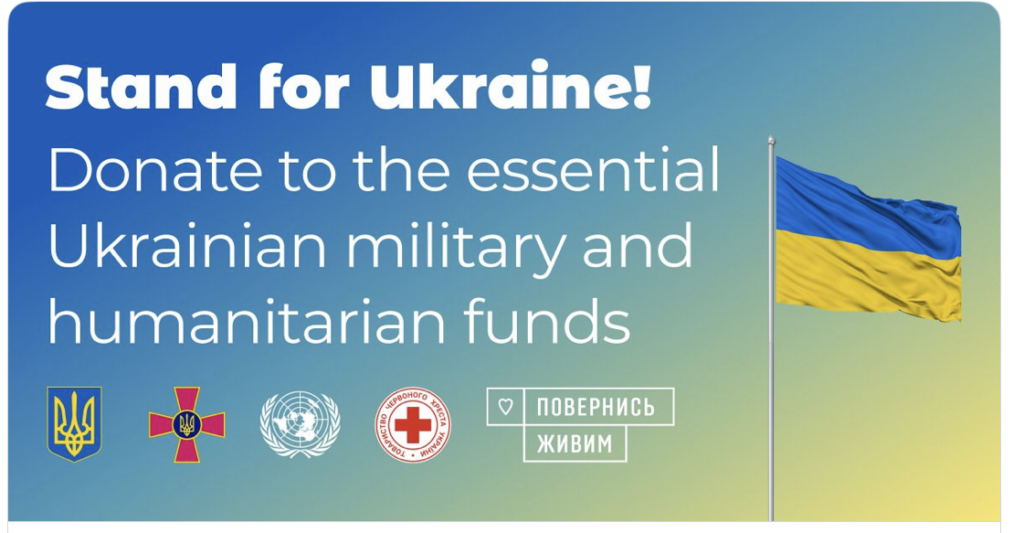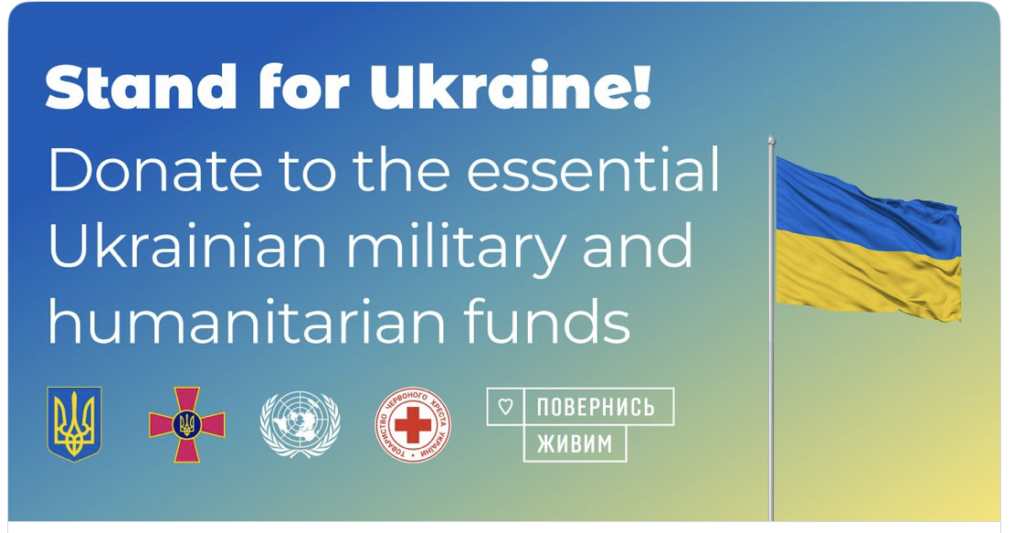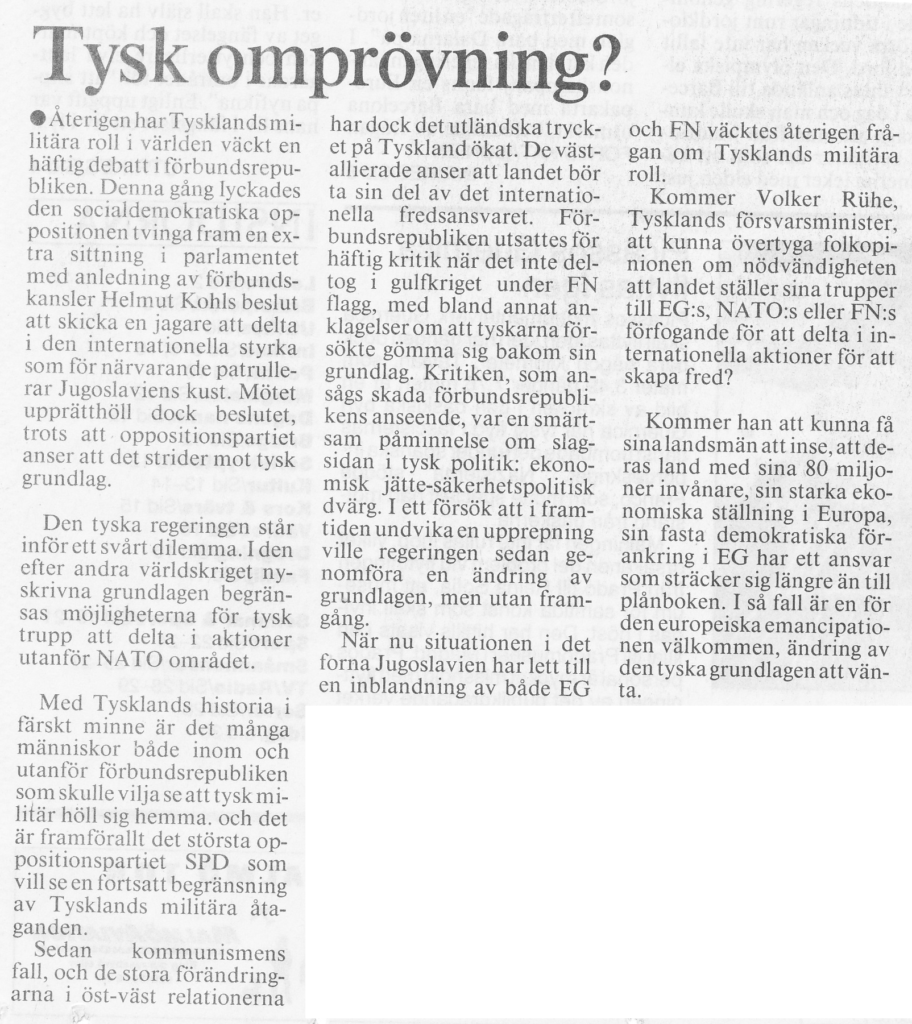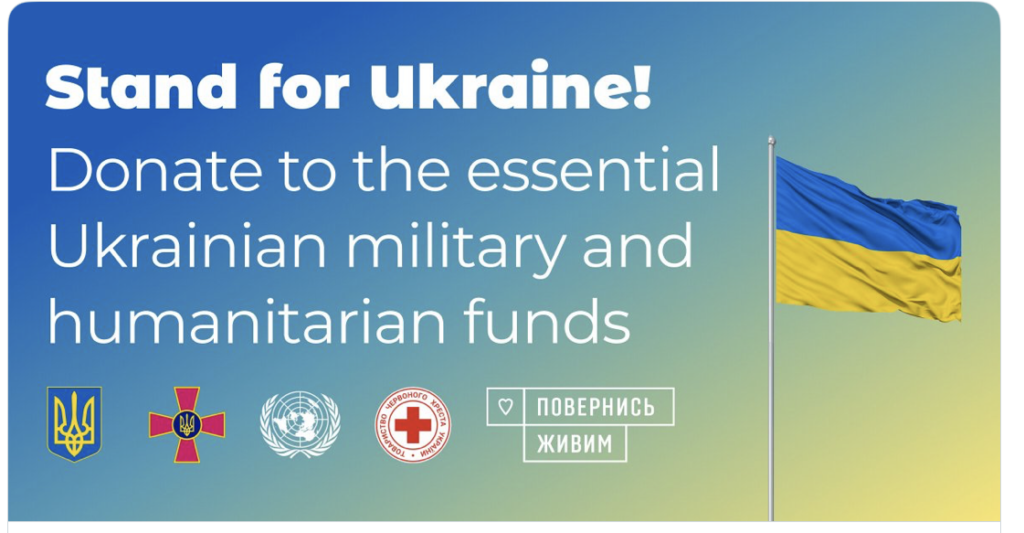Please excuse the affrontery of me writing to you directly but circumstances are leaving me no choice.
Let me begin by saying it was love at first sight from the very start of our acquaintance. My first hamburger in 1968 and the all embracing Summer heat of South Dakota were bodily sensations that will stay with me forever. Memorable visits, amongst others to an Indian Pow Wow where one of the traditional dancers proudly claimed to be a Vietnam veteran, something I opted out of becoming after visiting the local army recruiting office in Sioux Falls despite offers of a paid college education. A few days later a visit to a Mennonite colony had me grappling to understand the archaic German spoken there and fascinated by this tiny piece of Christian Europe thriving in splendid isolation in the American Midwest. A thrilling drive south through several states in an eight cylinder Mustang to North Carolina before heading north again for New York. I will never forget the experience of Kitty Hawk sands and the palpable presence of two of my boyhood heroes thus far only known to me in books.
There were to be many more ”over there” visits ranging from Holt,Rinehart and Winston`s publisher’s meetings in the early 70’s to a considerable number of private visits from the turn of the Century and onwards.
Having travelled on Amtrack from Newark to New Orleans, marvelled at its European colonial archicture, swilled a beer on Bourbon St. to then continue through Louisiana,Texas,New Mexico,Arizona to Los Angeles. From there by car to Las Vegas, the Grand Canyon,the Mojave desert and Yosemite National Park ending up at Fisherman’s Wharf and those wonderful sea lions in the harbour thumbing their noses at all and sundry. A later visit to San Francisco, this time arriving by sea, resulted in a second visit to irresistible, kaleidoscopic Vegas and then continuing via awesome Bryce Canyon on an unforgettable road trip across the Colorado Rockies to Denver. Other visits involved a number of family holidays in Florida as well as a trans North America tour; driving from Boston, with its touching statue depicting newly arrived Irish immigrants, to Niagara Falls not forgetting a visit to the farm home of John Adams in Quincy. The train ride from Toronto to Vancouver through the Rockies was at the courtesy of your neighbours but once there it was on to Seattle and Anchorage. Riding over the railway tracks in a bus through the alternate one way tunnel to Whittier bears witness to problem solving engineering. It was pointed out to me that if you cut Alaska in two, each half would still be bigger than Texas. It is said that everything is just a little bit more of everything in America and I understand the sentiment.
A multitude of friendly people and pleasant memories where the not so pleasant ones often seem to have a caveat. The flower placed in the 1968 Chicago National guardsman´ s rifle will have to stand as a symbol for those. Churchill, being half American, knew what he was talking about when he said: ”you can always count on Americans to do the right thing after they` ve tried everything else.”
I am most definitely not the only European wishing this to be true, symbollicaly enough, on Guy Fawkes day this year.






